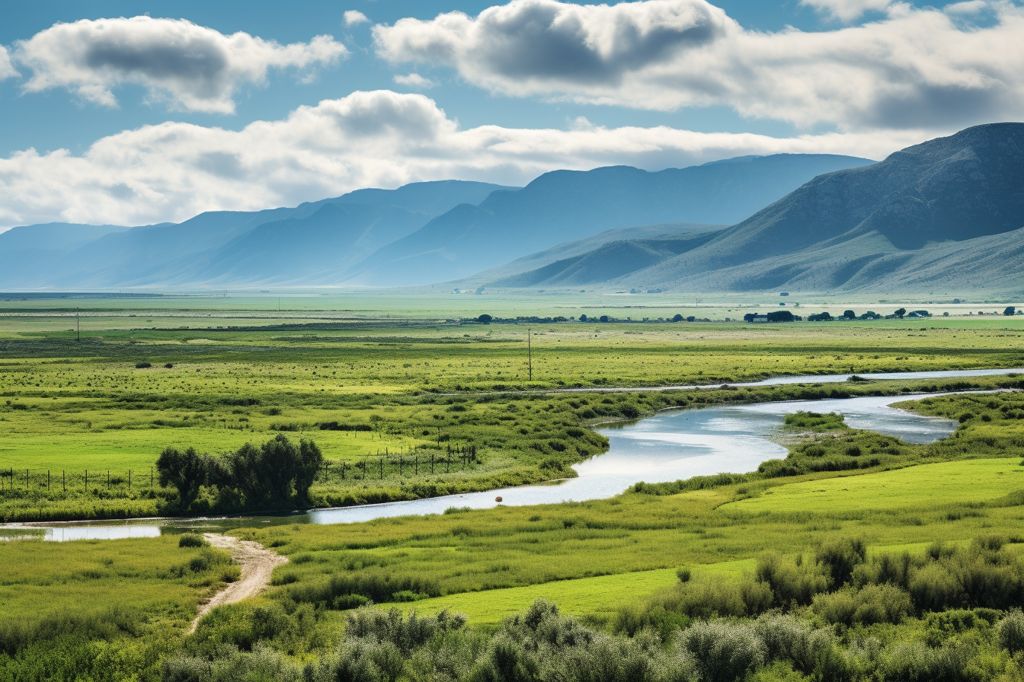In honor of Tourism Month, Minister of Tourism, Patricia de Lille, hosted a stakeholder session in the Overberg District Municipality. The region, situated in the Western Cape, is home to a unique combination of tourism treasures. The event aimed to report on the state of tourism and connect with businesses across the value chain. The government’s commitment to bolster partnerships and capacity building was exemplified.
Tourism as a Key Driver of Economic Activity and Job Creation
Tourism is recognized as a key driver of economic activity and job creation. In the South African Economic Reconstruction and Recovery Plan, tourism is identified as a critical area for interventions. Recent figures from StatsSA have highlighted the industry’s continuous growth, demonstrating the nation’s resilience and attractiveness as a travel destination.
The Overberg’s Many Offerings
The Overberg region is home to numerous attractions, including the Harold Porter Botanical Gardens, Stony Point, Aghulas National Park, Bontebok National Park, Cape Aghulas Lighthouse, De Hoop Nature Reserve, and others. These points of interest have already attracted 204,981 visitors in 2022.
Infrastructure and Skills Development Initiatives
Significant projects, such as maintenance at De Hoop Nature Reserve and Kogelberg Nature Reserve, have been implemented in the Overberg region. A total budget of R3.2 million has been allocated for each site, with construction underway and job creation expected to rise as subcontracting begins. The Map of Africa project, which employed 79 local people during construction and utilized seven small, medium, and micro-sized enterprises (SMMEs), has also received R14.1 million in investment to foster local economic development.
The Department of Tourism has funded various skills development programs in the Overberg District Municipality. Programs such as Wine Service Training and Food Safety Quality Assurer Training have bolstered the skills of young professionals in the region. Other noteworthy efforts include the Educators Development Program and the Green Tourism Incentive Program.
Progress Made by the Department of Tourism
Minister de Lille highlighted the progress made by the Department of Tourism, such as the R1.2 billion Tourism Equity Fund framework, which aims to support transformation and growth within the sector. Additionally, efforts to streamline visa application processes and improve tourist safety have been made, with 2,200 Tourism Monitors slated for deployment in key tourist areas across all nine provinces.
The Overberg region’s diverse landscape, rich cultural heritage, and numerous attractions contribute significantly to South Africa’s thriving tourism industry. By working together with the private sector and continually enhancing the region’s offerings, the nation is poised to welcome an increasing number of visitors and bolster the economic contribution of tourism in the coming years.








